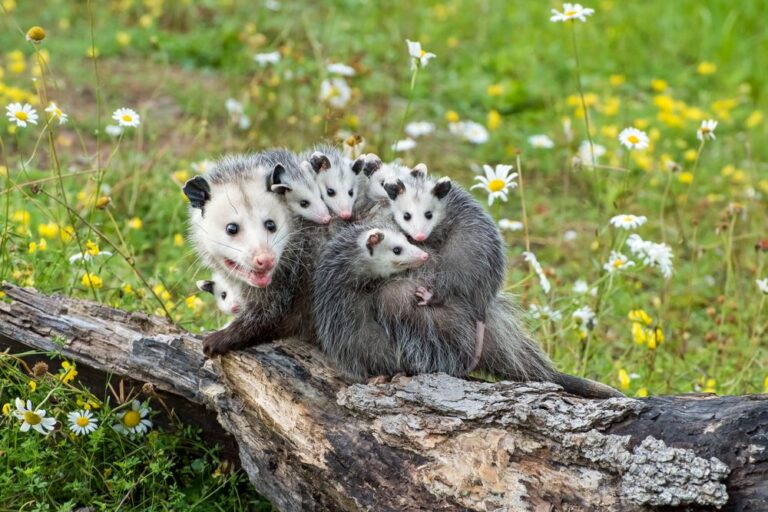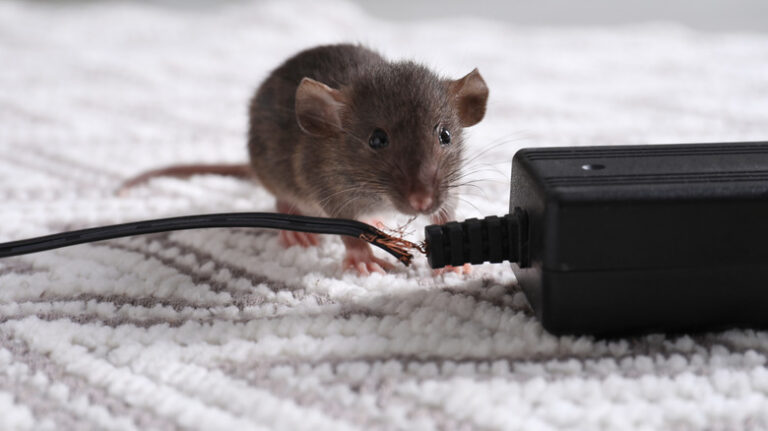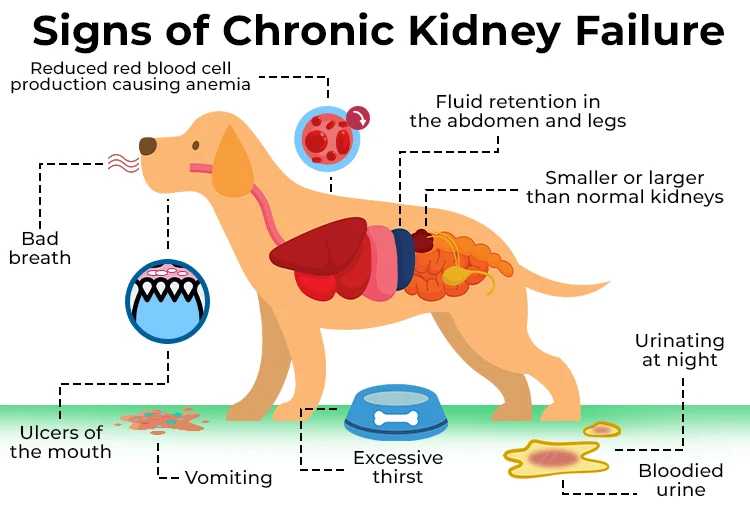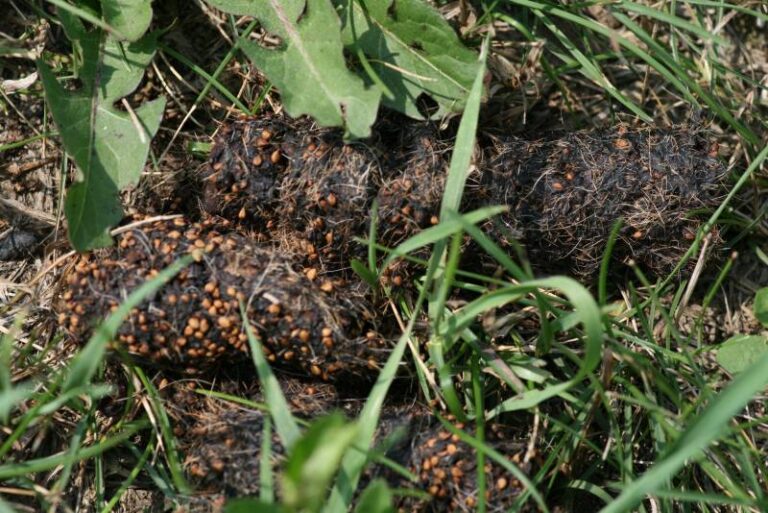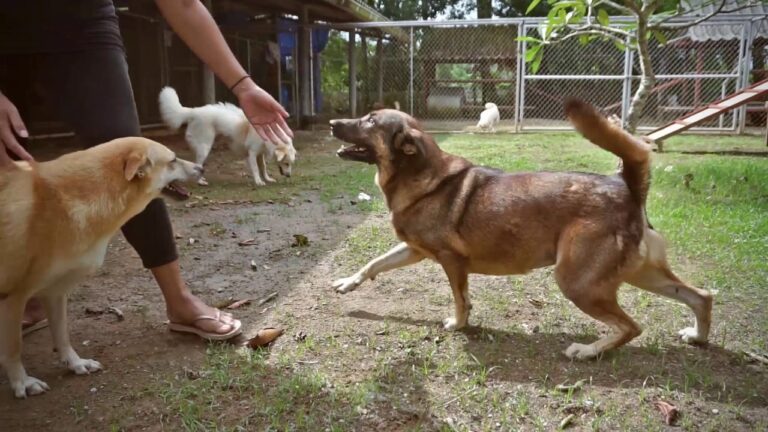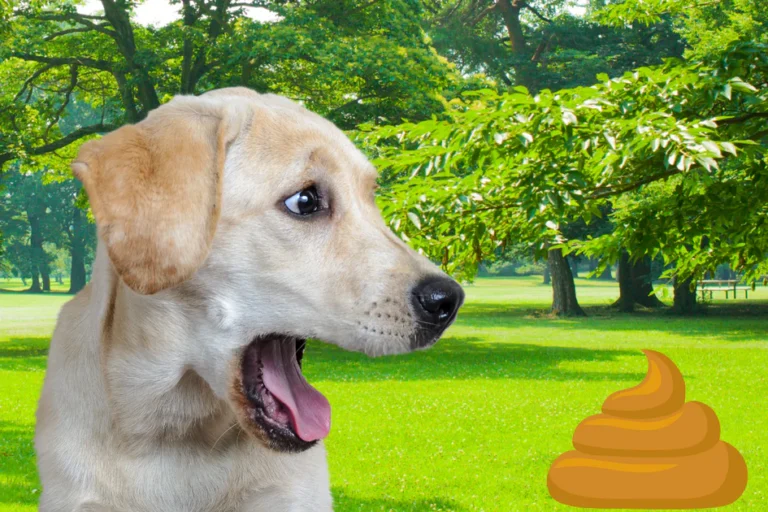How Long Does Skunk Smell Last Outside?
Overview
The powerful, unmistakable odor of skunk spray may indicate an unwelcome incursion capable of persisting for an extended period of time, depending on several contributing conditions. It is also critical to understand how long a skunk’s odor lasts and how to neutralize it, particularly for homeowners and outdoor enthusiasts.
We look in detail below at how long skunk odor lasts outdoors, what factors affect its persistence, and how to remove it efficiently.
Chemistry Behind Skunk Odor
Skunk spray contains sulfur-based compounds, the thiols, which give it its notorious smell. Thiols are extremely potent and tend to stick to surfaces, making the smell linger. The oil-like nature of skunk spray also makes it bond well with organic and inorganic materials, extending its stay in the environment.
Factors Affecting the Duration Skunk Smell Lasts Outdoors
Several variables determine how long skunk odor remains in outdoor spaces:
1. Weather Conditions
- Temperature: Warm weather can intensify the odor whereas cooler weather might suppress it; freezing for weeks can preserve until the thaw.
- Humidity: The smell of skunk covers an area with more moist air because damp conditions spread the odor particles around more effectively. When the air is dry, it reduces it moderately.
- Wind: Strong winds can disperse the odor more quickly, but may carry the smell to a larger area.
2. Type of Surface
- Porous Materials: Grass, wood, and soil can all absorb skunk spray and retain the smell for days or weeks.
- Non-Porous Surfaces: Metal and concrete tend to hold the odor for much shorter periods because the spray does not penetrate deep down.
3. Amount of Spray Released
A skunk is able to spray up to five times in succession, and a heavier concentration of spray will naturally last longer.
4. Time of Day
Skunk activity is usually nighttime, so the odor might not be detected until morning. The longer the spray lingers without treatment, the farther it can spread and settle.
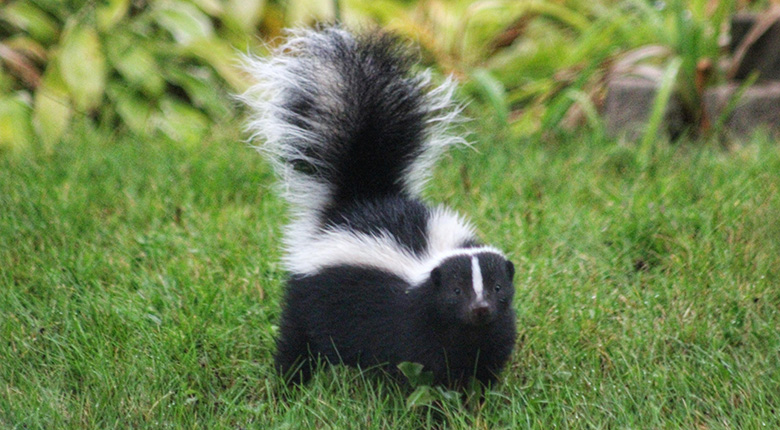
Average Length of Skunk Odor Outdoors
The smell of a skunk will generally last up to two to three weeks outdoors. This is based on the concentration of the spray and how fast mitigating actions are taken. Without intervention, the smell may last longer, especially in humid or enclosed areas like under porches or near dense vegetation.
Opossum Spiritual Meaning: Resilience and Adaptability?
How to Spot and Recognize Lizard Poop?
How to Remove Skunk Smell Outdoors
While the smell may dissipate with time, it often needs to be hastened. Some effective methods against skunk smell outdoors include:
1. Ventilation and Air Circulation
Encouraging airflow can significantly reduce skunk odor. Use fans or allow natural wind to disperse the smell.
2. Utilize Natural Deodorizers
- White Vinegar: Place bowls of white vinegar around the affected area to absorb odors.
- Baking Soda: It has the ability to neutralize this odor by sprinkling some on grass, soil, and porous surfaces.
- Charcoal: Owing to its super-efficient effect on absorbing odors, it should be placed where contamination is or has occurred.
3. Employ Specialized Cleaning Products
Enzyme-based odor killers, available at pet supply stores, break down the sulfur compounds in skunk spray. These can be applied to affected surfaces outdoors to hasten the process.
4. Rinse Hydrogen Peroxide Solution
Make a mixture of:
- 1 quart of hydrogen peroxide 3%
- 1/4 cup of baking soda, and
- 1 teaspoon of liquid dish soap.
This is the solution used for washing hard surfaces or as a rinse off from vegetation. Note: Solution should be applied first in a small area to ensure that no bleaching takes place.
5. Professional Odor Removal Services
For extreme cases, there are professionals that can be hired; these professionals specialize in the remediation of odors outdoors. They use industrial-sized equipment and solutions to eradicate the smell of skunk.

Preventing Skunk Odor Reoccurrence
1. Eliminate Food Sources
Eliminate attractants such as pet food, garbage, or fallen fruit that could draw skunks to your property.
2. Seal Entry Points
Block access to potential sheltering spots like crawl spaces, sheds, or porches.
3. Natural Deterrents
- Bright Lights: Skunks are nocturnal and avoid well-lit areas.
- Motion-Activated Sprinklers: Utilize these sprinklers for scaring skunks from being in your yard.
- Ammonia or Predator Urine: Soak rags in ammonia or coyote urine skunk repellent will help.
Conclusion
How long the skunk smell lingers outdoors is greatly dependent on environmental factors and the surfaces it comes into contact with. While the smell may subside naturally after a few weeks, taking proactive cleaning and odor-neutralizing measures can greatly reduce its duration. You can enjoy fresh air in your outdoors sooner and with less effort by understanding how skunks behave and using effective ways to limit their impact.


